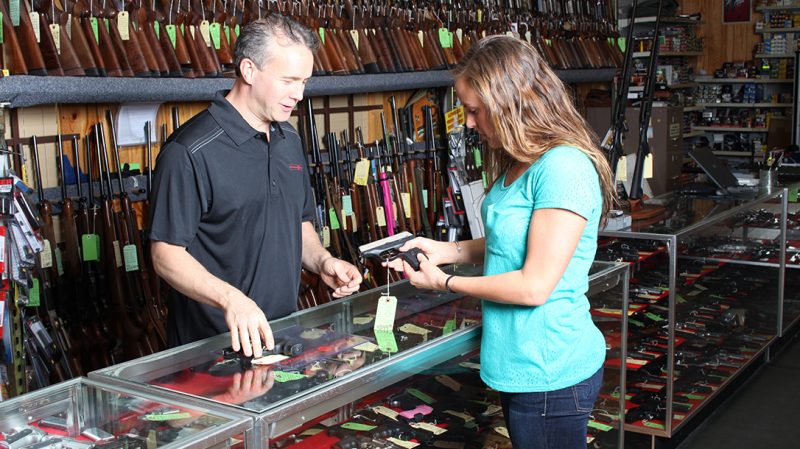
Picking a carry gun is a very personal choice, not one to be made for you by someone else.
![]()
![]()
Once you decide to start carrying a gun and have all the legal checkboxes complete – whether in a permitless carry state or one that requires a permit – the next step is to figure out what gun to carry. The bad news is there is no “one gun fits all” solution. The good news is there are a ton of great options out there, and you’ll likely find a gun you like.
One thing you should never do, however, is let someone else choose your gun for you. Why not?
As a concealed carry instructor, I see a ton of students each year. No two are alike. Each person who comes through my class is different, which means I can’t in good conscience recommend one gun that is going to fit all their needs. I would be doing a terrible disservice to my students and putting their lives at great risk later if I insisted they all buy the same gun.
Why is it so important that you choose your own gun?
Size Matters
Concealed carry is all about compromise. It always has been. But it’s not just compromising on capacity. Sure, we have to decide how many rounds we are comfortable carrying because we’d have a hard time concealing a full-framed gun with a 30-round magazine sticking out the end. But that’s not the “size” issue I’m talking about. It’s the overall size of the gun in relation to the shooter’s size.

Your hand can only hold a certain amount of gun. Too big of a grip and you can’t get your hand around it to hold it firmly, thus compromising your ability to manage recoil and get the gun on target. This can discourage you from practicing and carrying a gun.
But too small of a grip can be just as bad, as the gun gets lost in your hand. If the gun is too small, it’s just as discouraging.
A lot of well-intentioned men will suggest to their wife, girlfriend, sister, mother that they get a small gun, often a micro pistol. The thinking is that because women generally have smaller hands, a smaller gun would be a great option. At face value, this argument makes sense. However, it’s a classic case of theory not matching reality.

Smaller guns tend to be “snappy,” meaning they recoil more than their bigger brothers. It’s Newtonian physics: for every action, there is an equal and opposite reaction. The bullet goes downrange and the gun recoils. How much it recoils depends in part on the mass of the gun. Heavier guns recoil less than lighter guns because their weight helps dissipate some of the energy coming back toward the shooter.
So the question every gun owner needs to ask themselves – male or female, doesn’t matter – is how strong are your hands and arms? Can you manage the recoil in the gun your considering? Do you need a small gun or a big gun? Only you can decide.
Caliber
Not all guns shoot the same. As experienced gun owners, we know this. Just like with gun size, gun caliber should be a personal choice, too. While 9mm is the most common self-defense caliber on the market by far, and most people are good at shooting it, it may not be the best choice for everyone.
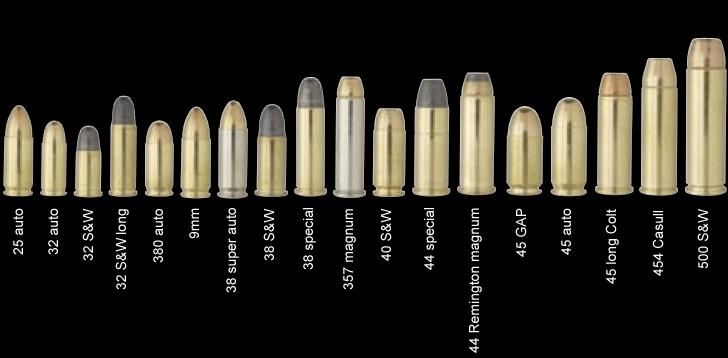
A smaller caliber, such as the popular .22LR, is super easy to shoot but does not make a great self-defense round because it is underpowered and tiny compared to its larger, more powerful cousins. However, if you don’t feel that you can handle the larger caliber, then .22LR might be a great option. It sure beats not carrying a gun at all. If you have stronger hands and want to carry something as big as a .45ACP, go for it! Again, it’s a personal choice. Try some calibers out until you find the one that works best for you.
Style of Gun
What style of gun you carry is also a very personal choice. Most people carry a striker fire because of its ease of use and reliability, plus almost all manufacturers make at least one striker fire model. But that doesn’t mean you have to carry one. Maybe you like a double-action better. Or maybe you fancy a single action 1911 as your go-to. How about a revolver? If so, large frame or small frame? What caliber? These are all important considerations when selecting the carry gun that works best for you.
Next Steps
Choosing a concealed carry gun is a very personal decision. Once you have settled on your new gun and brought it home, the next very important step: practice! Get comfortable with the gun. Put rounds downrange. Be sure you know exactly how the gun operates and how to use it correctly. Practice so much it’s committed to muscle memory. Then do it some more. And continue practicing for the rest of your life. Shooting is a perishable skill. Be sure your skills are at the top level all the time in case that day ever arrives when you need to put them to the test in the real world.
ABOUT THE AUTHOR:
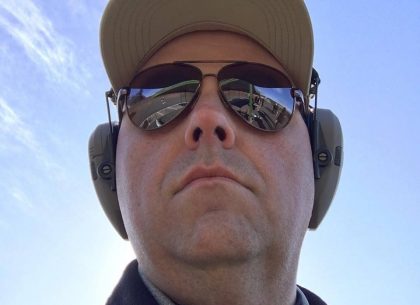
David Workman is an avid gun guy and a contributing writer to several major gun publications. As an NRA-certified instructor, David trains new shooters on basic handgun skills and CCW requirements and is a strong advocate for training as much as you possibly can. “Real-life shootouts don’t happen at a box range.”
![]() You may also enjoy these popular articles:
You may also enjoy these popular articles:
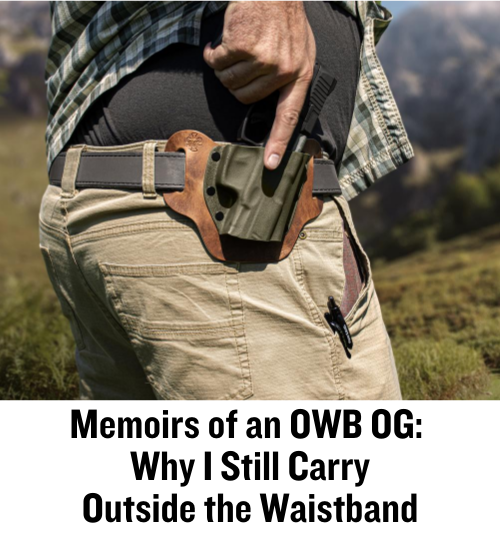
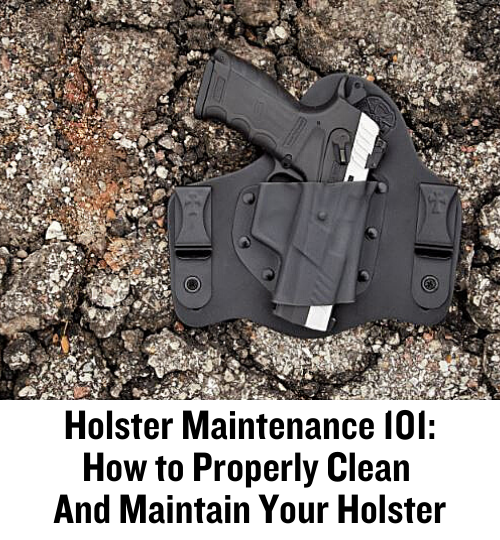
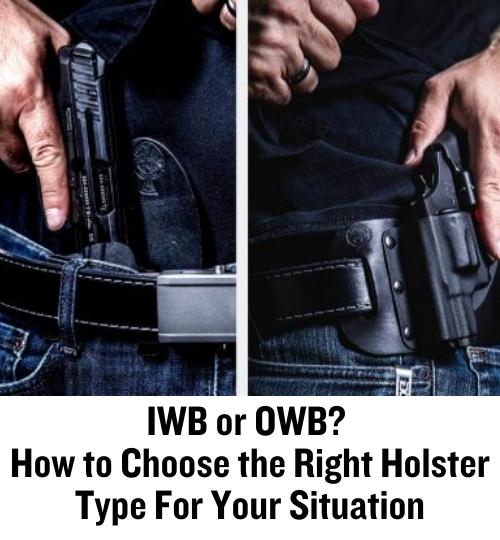
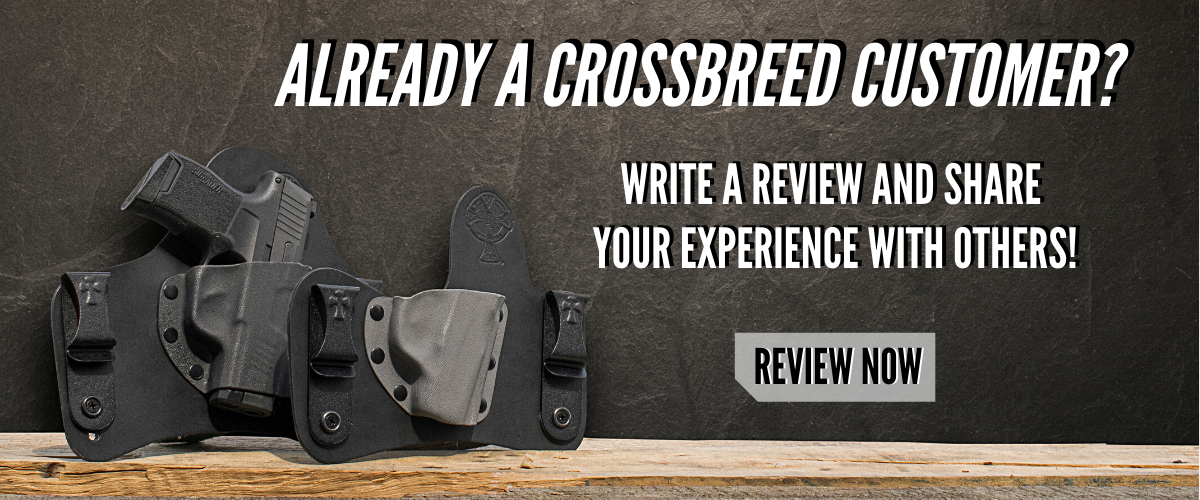
©MTC Holsters, LLC and CrossBreed Holsters Blog, 2021.
Unauthorized use and/or duplication of this material without express and written permission from this site’s author and/or owner is strictly prohibited. Excerpts and links may be used, provided that full and clear credit is given to David Workman and the CrossBreed Blog with appropriate and specific direction to the original content.
![]()

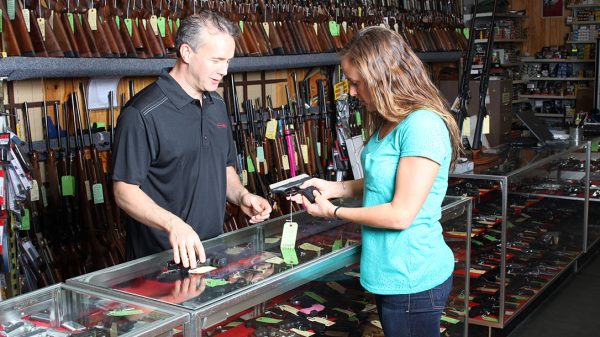


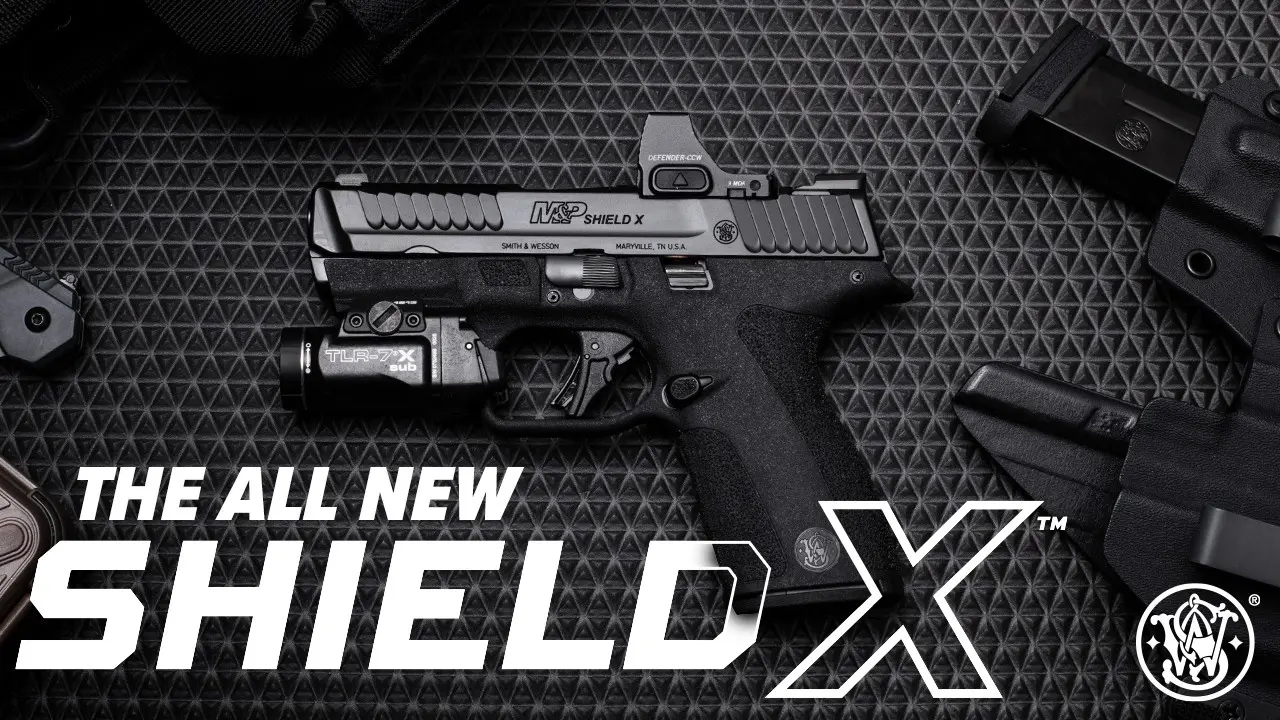
December 21, 2022
Thank you for explaining that choosing the style of gun is a very personal choice. My sister has been thinking about choosing her own gun after she gets her concealed carry license. It makes sense that she may want to get a gun that she’s most comfortable with.